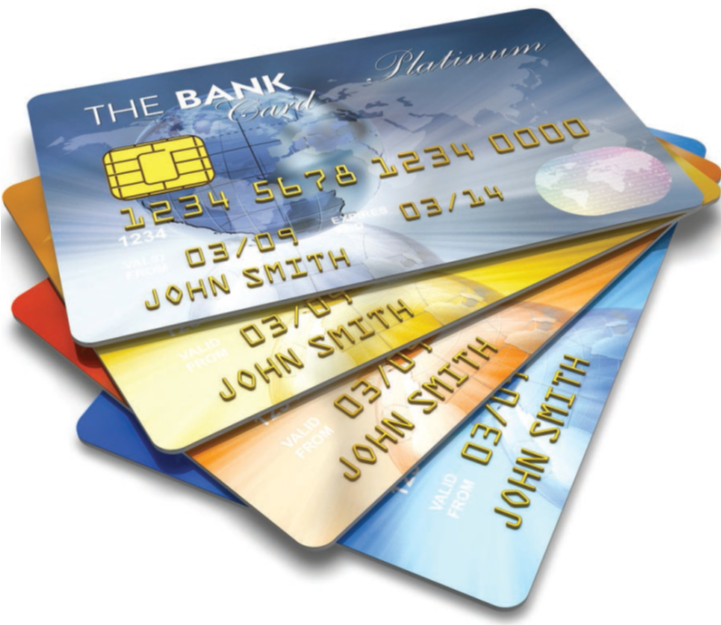I have struggled quite a bit in sending in this article. Major reason being that I’ve been very busy and distracted by the daily routines of running a business and running errands.
Anyhow a few things happened that I felt I should share. Am I the only one who is finding banking hall experiences very painful and irritating these days? I had a transaction in one of the banks. I had delayed for over two weeks out of fear of what eventually happened! I know…Funny right?
From the long queue to enter the bank, to the tiresome process of ‘scaling’ the security doors with a handbag containing keys, phones, and oh yes, glasses case and eventually joining a queue to speak with a customer service officer, it was like you can guess by now an already exhausting experience.
And what about the lady who taps me on the shoulder to say; ‘Madam, I’m behind you’ and goes off to deal with another transaction at another counter. I mean, who reserves a spot behind someone else on a queue?
No doubt, it appears the banks too don’t care about the crappy experiences customers are having interfacing with them at the branches. After all they have endeavoured to provide so many options online to ensure we do not come to the branches!
There are Benefits that accrue to a Cashless Economy
A cashless economy is a situation where every other purchase and transaction is made by electronic channels, examples of which are direct debit, electronic funds transfer, mobile payments, multi-functional ATMs, internet banking and a significant increase in point of sale (POS) penetration and usage. In other words, it simply refers to the widespread application of computer technology in the financial system. Payments under this new system range from a list of options such as cheques, wire transfers, debit and credit cards, online transactions, and mobile banking.
Looking at it generally, the e-payment system is said to offer an endless convenience of transaction possibilities, and at the same time reduce transfer/processing fees. It reduces processing/transaction time, offers multiple payment option and gives immediate notification of all transaction on customer’s account. For instance, under this system, it is believed that people can actually pay all their utility bills from the comfort of their rooms with their mobile phones or by just walking down the street to use a POS terminal.
THERE ARE HOWEVER CHALLENGES
Over the years, one key factor keeps coming up whenever Nigeria wants to move or ascend to a certain developmental level, and that is steady Power generation. Power as an infrastructure is a key factor in driving the e-payment system Nigeria. Obviously, those who are being pessimistic about the system in Nigeria are coming from the angle that a nation without stable electricity cannot run a successful e-payment system.
Security is also standing as a major obstacle. Of course, many have had the unpalatable experience of ATM fraud; (even though this is not peculiar to Nigeria) this is now raising serious security concerns on the planned e-payment system. The reliability of the system to prevent any act of hacking by intruders also remains a major threat.
Suffice it to say that the apprehension over the security of the system is not only coming from the non-elites, in fact, the technology savvy are wary of cyber-attacks as they argue that the Nigerian cyber space is not secured.
But of course there is no such thing as a secure cyber space so we should just put things in place and forge ahead.
